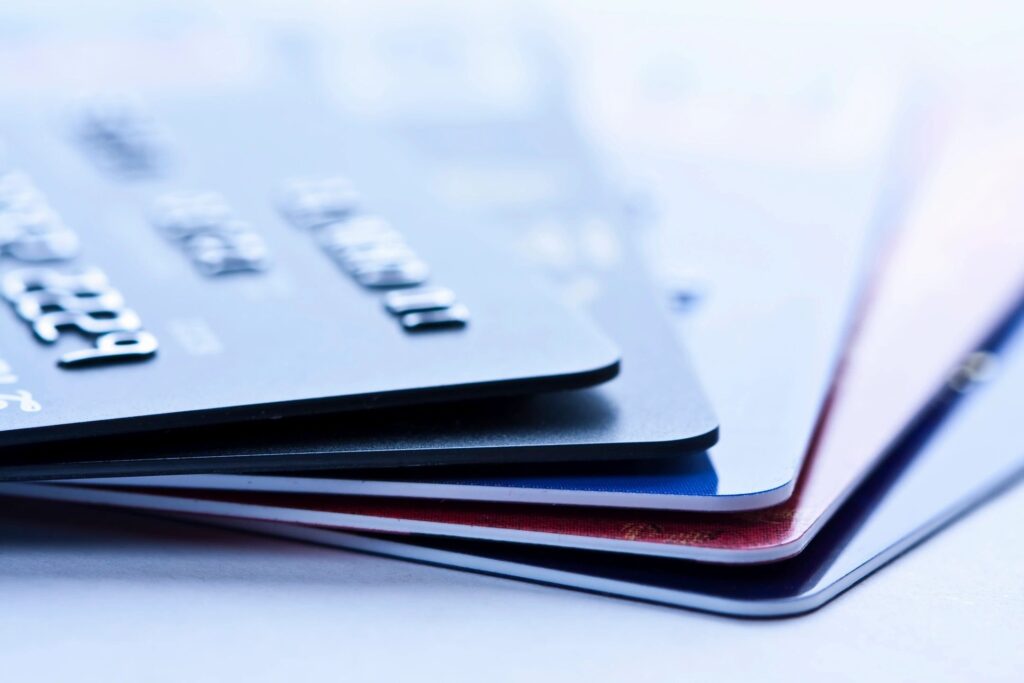As of 2019, 184 million Americans actively used credit cards according to TransUnion. The average American owns 3.1 credit cards according to Experian. And the credit card balance total for all Americans? A whopping $1.05 trillion as of February 2020! That’s crazy.

Of the US that currently uses credit cards, 42% percent carry a balance month to month. And what is the average balance for consumers? Over $6000!
Want to know what’s even crazier? Americans paid $121 billion in interest to the credit cards companies. That’s a lot of money! That is up 7% since 2018. I think it’s fair to say with the pandemic, some Americans not working, and panic buying that credit card debt could go even higher.
So who are the biggest offenders? As much as I hate to say it, it’s my generation, Generation X. My generation carries the highest credit card balances. While people want to get down on Millenials for different reasons, they actually carry the lowest credit card balances. I know my sister in law is a Millenial and she’s into this “minimalistic” lifestyle. I mean Millenials aren’t even using top sheets right? Millenials also, on average, have less credit cards that Gen X and Baby Boomers. In fact, Baby Boomers, on average carry the most credit cards at 4.8.
Want to know how your state stacks up with credit card debt? Check out this infographic:
With more and more Americans currently relying on credit cards and other financial devices in these uncertain times these number could climb with record highs. Don’t let yourself get into financial trouble.
I realize people gotta do what they gotta do but when this is all over get your credit straightened out before it takes you down. Saxton Associates can help.
Delinquency rates peaked in 2009 at nearly 7%, but in 2019 delinquency rates were 2.6%, historically well below the long-term average.
Credit card debt becomes delinquent when a bank reports a missed payment to the major credit reporting bureaus. Banks typically don’t report a missed payment until a person is at least 30 days late in paying. When a consumer doesn’t pay for at least 90 days, the credit card balance becomes seriously delinquent. Banks are very likely to take a total loss on seriously delinquent balances.
Check out these ways to consolidate credit card debt too.
This post is sponsored by Diamond Links.

